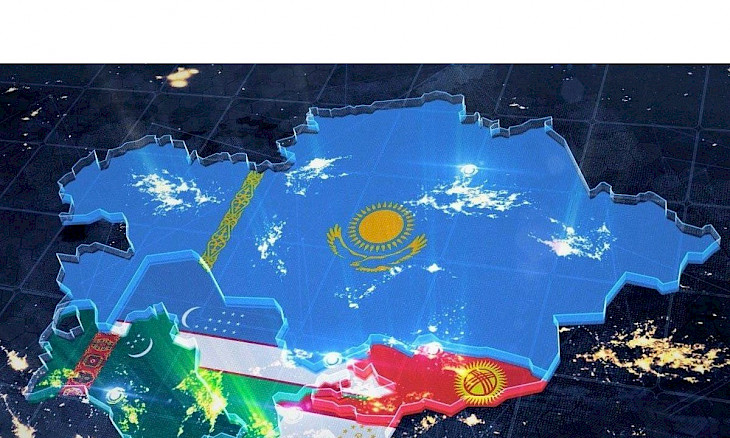After the start of Russia's Special Military Operation in Ukraine on February 24, 2022, a new "great game" involving Russia, China, the USA, the EU, Turkey, India, Afghanistan, and Arab countries began around Central Asia, according to Kazakhstani political analyst Dosym Satpayev, Eurasia Today reports.
The expert talked about the formation of six trends in the region:
1. Intensification of competition in the region between different countries for the extraction and processing of critical raw materials and rare earth metals.
"In particular, Europe is interested not only in oil supplies from Kazakhstan but also in importing critical materials to reduce the EU's dependence on supplies of these materials through Russia from China."
2. China's policy to strengthen its positions in Central Asia. Beijing seeks to establish a monopoly in the market for the sale of electric vehicles and the creation of corresponding infrastructure in the region.
Therefore, it is important for China to maintain access to the resource base of Central Asia. But this may intensify the competition between China, the USA, and the EU for the extraction of critical materials in the region, which are also used in the production of batteries for electric vehicles.
3. Cooperation and at the same time competition among the countries of Central Asia in the development of various transport and logistics projects. A significant part of the transit routes in the region passes through Kazakhstan, but its infrastructure requires updating. Meanwhile, Uzbekistan is actively developing alternative transport routes.
4. Increase in Russia's economic presence in the region as a continuation of the Russian authorities' policy of turning to the East. At the same time, the positions of Gazprom in Kazakhstan and Uzbekistan are strengthening. Russia is increasing gas exports to China through Central Asia, where part of the fuel will go to the needs of Kazakhstan and Uzbekistan.
6. Strengthening competition between Turkey and Arab countries for economic, political, and religious influence in Central Asia. For Turkey, it is important to create and expand opportunities for transporting goods along the Trans-Caspian corridor.
The growth in the number of believers in the countries of Central Asia may in the future redirect the region towards the Muslim world, where competition between Saudi Arabia, Turkey, Iran, Qatar, and other countries will go for religious influence in the region.
6. Increase in water deficit in Central Asia, which will require attracting investments in water-saving technologies, as well as more active negotiations with Russia, China, and Afghanistan regarding transboundary rivers.
CentralasianLIGHT.org
April 11, 2024

